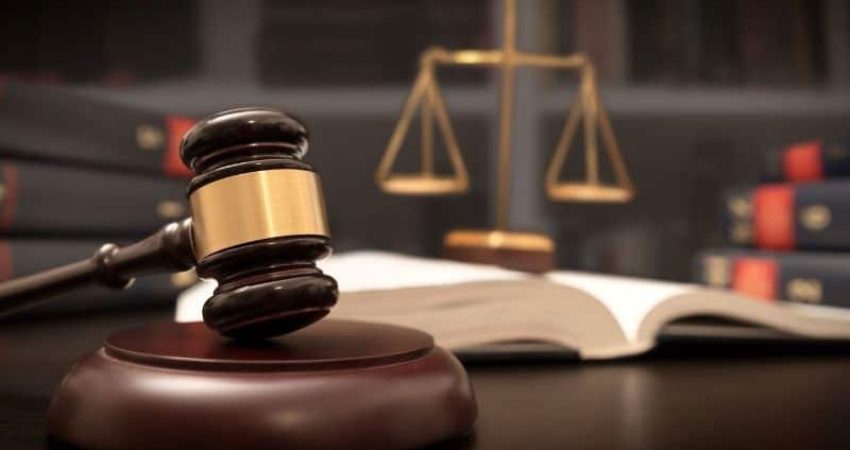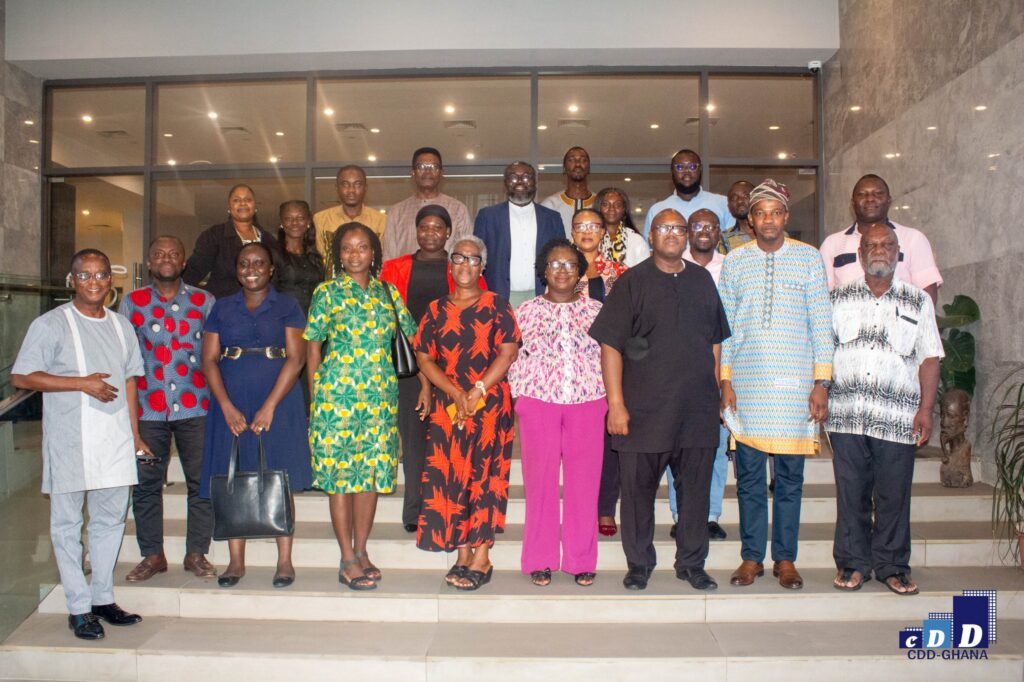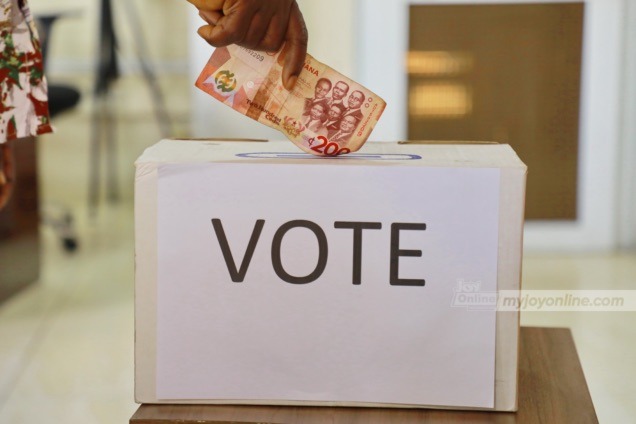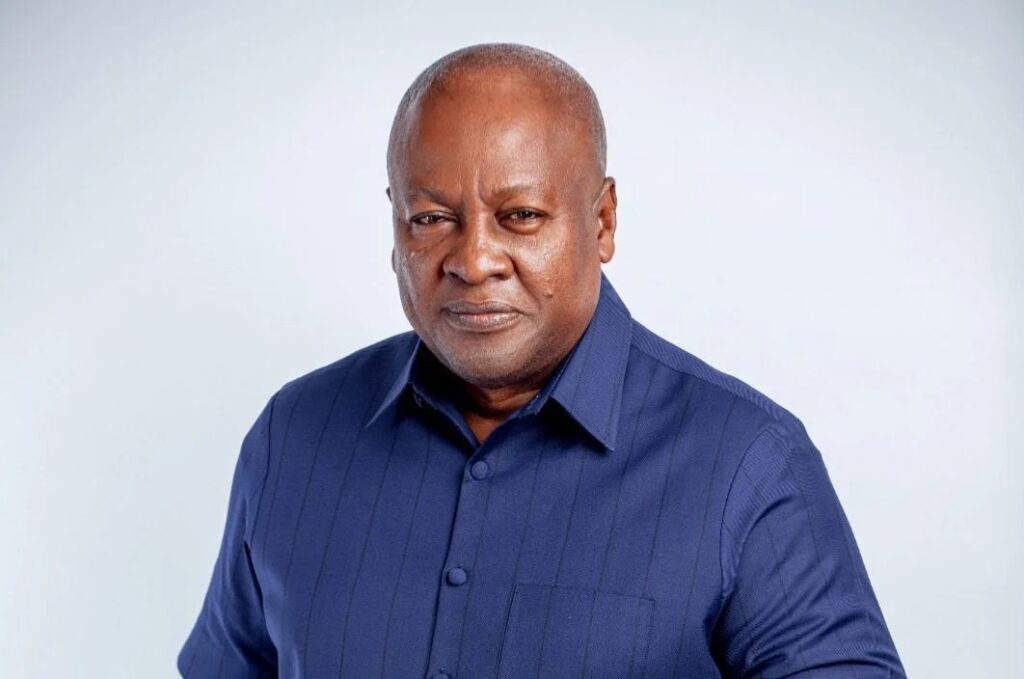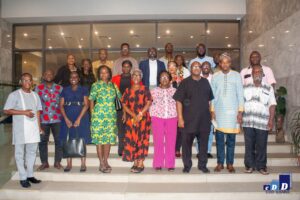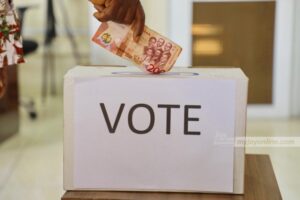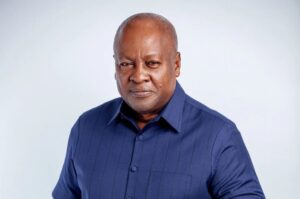What makes institutions like the courts of law thrive? What makes actors, especially, citizens, willing to approach the courts as impartial arbiters in disputes? Several factors come into play; however, trust is key. It is therefore concerning that in recent times, our courts of law have been featuring in public discourse, shaped with questions of trust and doubts surrounding their impartial nature. It further did not help matters when the National Security minister of the ruling government uttered the words “tilts too much in our favor.” As with a lot of our public conversations, one cannot overlook the partisan dimensions that arise. So far, the public discourse will suggest that partisans of the ruling government (NPP) are more supportive of the courts than partisans of the main opposition party (NDC). I therefore turn my attention to the Afrobarometer survey for insights of citizens’ level of trust in the courts and how partisanship shapes that trust.”
Partisanship And Trust In Our Courts
To begin with, let me address the question of how many Ghanaians describe themselves as partisan, that is, how many say they feel close to any particular political party in the Afrobarometer survey? Over eight rounds of the survey, more people have described themselves as partisan (67%) than as not partisan (37%). Over time though, those describing themselves as partisan declined by twelve percentage points, while those describing themselves as nonpartisan increased by nine percentage points. Among the partisans, eight rounds of the survey show the following breakdown – 58% NPP; 38% NDC; and 4% other parties. I must however point out that feeling close to a particular political party does not necessarily translate into voting for them, a fact borne out by our election results which have been won by both major parties (NPP and NDC).
With the question of how many Ghanaians say they feel close to any particular political party addressed; I would like to turn our attention to how these partisan attachments shape trust in the courts. I focus on the partisans of our two dominant political parties and what percentage of their supporters express the highest level of trust (a lot) in our courts. The highest level of trust is indeed the ideal state, and I believe every institution must strive to attain this where citizens are concerned. In the Afrobarometer survey, there are four levels of trust – none, just a little, somewhat, and a lot. There have been eight rounds of Afrobarometer so far in Ghana beginning in 1999. Five of those rounds coincided with the NPP in power (2002, 2005, 2008, 2017 and 2019), while the other three coincided with the NDC in power (1999, 2012, 2014). What are the views of partisans?
- Over the eight rounds of the survey, only 29% of NDC partisans and 28% of NPP partisans have said they trust the courts of law a lot. Trust in the courts of law a lot was highest for NDC partisans in 2005 at 35%; for NPP partisans it was in 2005 at 41%.
- Between Round 1 1999 and Round 8 2019, the percentage of NDC partisans who say they trust the courts of law a lot has dropped from 30% to 17%; among NPP partisans it has gone from 17% to 20%; and overall, for Ghanaians it has dropped from 25% to 16%.
- In years of the Afrobarometer survey when the ruling government was NDC, about 32% of their partisans have expressed a lot of trust in the courts. However, when the ruling government was NPP, about 27% of their partisans have expressed a lot of trust in the courts of law.
- In years of the Afrobarometer survey when the ruling government was NPP, about 34% of their partisans have expressed a lot of trust in the courts. However, when the ruling government was NDC, about 19% have express a lot of trust in the courts of law.
Final Thoughts
Per the perceptions gleaned from the Afrobarometer survey, trust in the courts of law is low. Over eight rounds of the survey, only 27% of Ghanaians have said they trust the courts of law a lot. In years when the ruling government was NDC, about 24% of Ghanaians expressed a lot of trust compared to 28% of Ghanaians in years when the ruling government was NPP. Secondly, in the year of the survey when the ruling government was NDC, trust in the courts has not changed significantly (-3%) comparing 1999 to 2014. In the years of the survey when the ruling government was NPP, trust in the courts of law has changed significantly (-18%), comparing 2002 to 2019. Lastly, trust in the courts of law a lot, was highest in 2005 at 35%.
There is a partisan element present in the way we express trust in our courts of law, but not entirely the way our public discourse seems to suggest. While partisans on both sides of the political aisle tend to trust the courts of law more when the political party they feel close to is in power than in opposition, the partisan nature of the in power-in opposition gap is larger among NPP partisans (+15%) than among NDC partisans (+5%).
But here is the most intriguing part for me. In years of the Afrobarometer survey when the ruling government was NDC, the percentage of NDC partisans who trust the courts of law has not changed significantly (+2%) comparing 1999 to 2014. However, when the ruling government was NPP, the percentage of NDC partisans who trust the courts of law has changed significantly (-14%) comparing 2002 to 2019. In years of the Afrobarometer survey when the ruling government was NPP, the percentage of NPP partisans who trust the courts of law has changed significantly (-18%) comparing 2002 to 2019. However, when the ruling government was NPP, the percentage of NDC partisans who trust the courts of law has changed significantly (-14%) comparing 2002 to 2019.
 Dr. John Osae-Kwapong is a Democracy and Governance (D&G) Fellow at CDD-Ghana.
Dr. John Osae-Kwapong is a Democracy and Governance (D&G) Fellow at CDD-Ghana.


